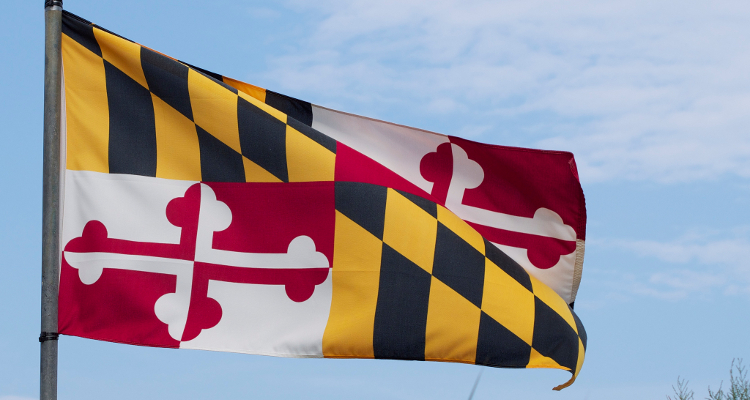The Maryland Lottery is defending its recent decision to award an eight-year supply contract to Scientific Games Corporation despite allegations from a pair of rival bidders that the accepted tender allegedly represented the highest of the trio on offer.
According to a report from The Baltimore Sun newspaper, last month saw the Maryland Lottery And Gaming Control Agency award Scientific Games Corporation with the deal to provide it with the machines retailers use to sell lottery tickets along with the associated electronic sales network. But, the Las Vegas-based firm’s “not to exceed” bid of $263 million was allegedly around $25 million more than a tender from rival International Game Technology (IGT) while exceeding an offer from local company Gaming Innovations by approximately $50 million.
The newspaper explained that “not to exceed” contracts set a ceiling for spending although the total amount could prove to be less. The process also saw the Maryland Lottery And Gaming Control Agency give Scientific Games Corporation the highest technical score, which reflected its judgment of a bidder’s ability to do the job, followed by IGT and Gaming Innovations.
The Associated Press news service has now cited an internal e-mail from Gordon Medenica, Director for the Maryland Lottery And Gaming Control Agency, as detailing that the “technical” ability of the bidders had been “vastly more important” in arriving at a decision than the cost differences of the bids.
“Of course, “technical” criteria [are] vastly more important than “financial”,” reads the cited e-mail from Mendenica dated September 22. “The price difference between the high and the low bids was about $5 million per year or 0.26% of our annual sales. The difference between [Scientific Games Corporation] and IGT was half that [at] about $2.5 million per year or 0.13% of our sales.”
The e-mail from Medenica additionally noted that Scientific Games Corporation had received the highest ranking from its lottery committee, which had taken into account “technical” factors such as the bidders’ data centers, hardware, software, communications, field services, operations, marketing and games support.
Despite an allegation from IGT that the Maryland Lottery And Gaming Control Agency had asked potential bidders to include the provision of Internet lottery sales into their offers “simply to avoid future review and approvals” by the Maryland Board Of Public Works should lawmakers approve such an expansion of gambling in Maryland, Medenica wrote that the Maryland Lottery was not launching such an online sales program.
“We have made it clear many times that we will not even consider launching an iLottery product without the agreement and cooperation of our retailers as well as enabling legislation,” Medenica told The Associated Press.
He also noted that the lottery had submitted a “not to exceed” price in order to fully disclose all of the possible expenditures under the contract because his department had sought numerous options for services, equipment, products and marketing.
“The claims by losing bidders that we have “inflated” the contract costs to avoid [Maryland Board Of Public Works] scrutiny is precisely the opposite of what we are doing, which is to fully disclose all potential spending under the contract for [Maryland Board Of Public Works] approval,” Medenica told The Associated Press.



